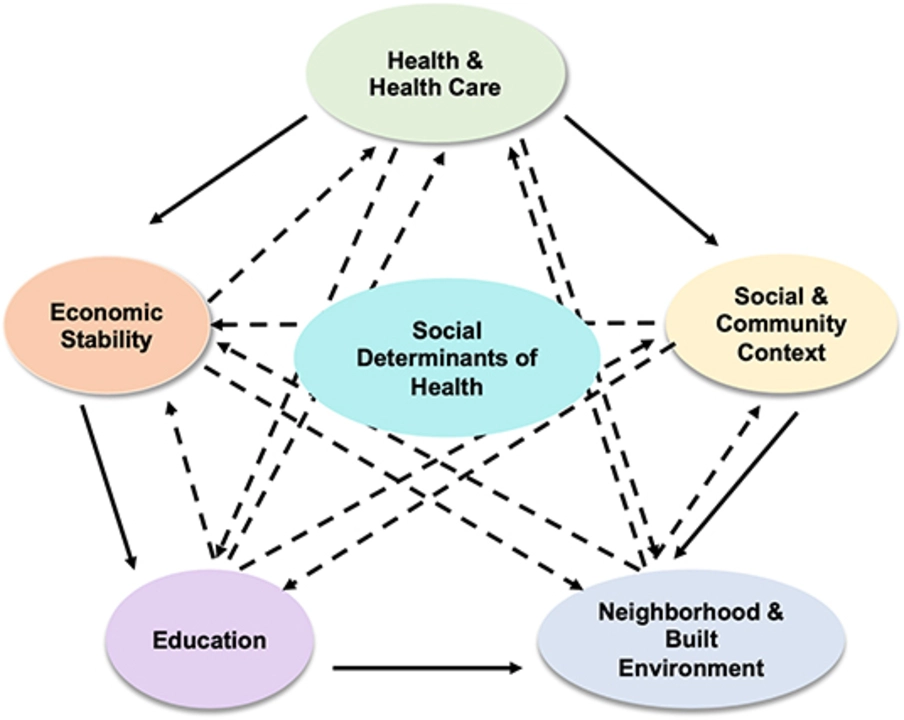Social Determinants of Health – Why They Matter for Your Meds and Well‑Being
If you’ve ever wondered why two people with the same diagnosis end up on different treatment paths, the answer often lies in social determinants. These are the everyday conditions—where you live, work, learn, and play—that influence your health more than any single pill.
Key Social Factors That Impact Health
Income level decides whether you can afford a brand‑name drug or need to hunt for cheaper alternatives. Education shapes how well you understand dosage instructions or side‑effect warnings. Housing quality affects exposure to mold, pests, or stress that can worsen chronic conditions.
Neighborhood safety matters too. If streets aren’t safe, getting to a pharmacy becomes a chore, and missed refills turn into flare‑ups. Access to reliable internet determines whether you can order meds online or use telehealth services—both big players in today’s healthcare scene.
How These Factors Affect Medication Choices
When doctors know a patient struggles with insurance coverage, they might prescribe generic options first. Pharmacists often offer medication counseling in plain language if the patient’s health literacy is low. Community programs can provide free flu shots or discounted insulin for those on tight budgets.
Social support networks also play a role. A friend who reminds you to take your heart meds can be as valuable as an automated pill‑box. On the flip side, isolation can lead to missed doses and worsening symptoms.
Understanding these links helps you read our articles with a clearer lens. For example, when we discuss ibuprofen safety, consider whether you have easy access to a doctor for guidance or if you’re managing pain on your own at home.
If you’re looking for ways to improve your own health outcomes, start by checking the basics: Do you have reliable transport to a pharmacy? Can you afford the prescribed brand, or is there an effective generic? Are you aware of local programs that can offset costs?
Healthcare providers are beginning to ask these questions during appointments. Sharing your social context—like job stress or housing issues—gives them a better picture and often leads to more realistic treatment plans.
Take action today: write down any barriers you face when getting medication, talk openly with your pharmacist, and explore community resources listed on our site. Small adjustments based on your social situation can make big differences in how well treatments work for you.

The Connection Between Syphilis Testing and Social Determinants of Health
As a blogger exploring the connection between syphilis testing and social determinants of health, I've discovered that factors such as education, income, and access to healthcare greatly influence the prevalence and management of syphilis. By addressing these social determinants, we can better understand the role they play in the spread and treatment of the disease. Encouraging early and frequent testing, especially in vulnerable populations, is crucial in preventing complications and reducing transmission rates. Additionally, providing education and resources to these communities can help break the cycle of this sexually transmitted infection. In conclusion, addressing social determinants of health is essential for effective syphilis testing and management.